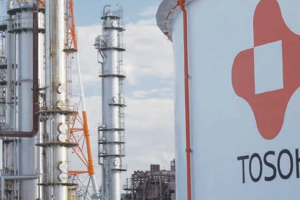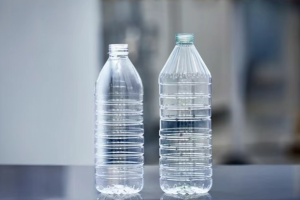February 28, 2025 – Indonesia Announces Complete Ban on Plastic Waste Imports from New Year’s Day 2025
In a major policy shift, the Indonesian government has announced that it will fully terminate the import of plastic waste starting from January 1, 2025. The significant decision was unveiled by Environment Minister Hanif on November 1, 2024. Hanif highlighted that the mounting piles of plastic trash within the country necessitated decisive action. According to the latest data from Indonesia’s National Waste Management Information System, out of the 38.2 million tons of waste generated in 2023, a staggering 38.25% was improperly managed, with plastic waste accounting for 19.21%, second only to food waste.

Emphasizing the severe threats posed by plastic waste to water sources, air quality, and public health, Minister Hanif stressed that a tight monitoring system would be established, and law enforcement efforts would be intensified to ensure the effective implementation of the ban. He also urged importers to actively participate in source governance, jointly safeguarding Indonesia’s lush green environment.
AsiaMB has learned that Indonesia was previously one of the major importers of European waste. In 2022, the country imported over 194,000 tons of plastic trash. However, this waste was not effectively utilized, exacerbating the pressure on Indonesia’s waste management system. Therefore, the government’s introduction of the ban is a timely response to this situation.
Furthermore, the Indonesian government has proposed a plan to completely ban single-use plastic products. Under this plan, by the end of 2029, Indonesia will prohibit the use of polystyrene foam, single-use plastic straws, plastic utensils, and plastic shopping bags. Simultaneously, the government is requiring all manufacturers to reduce the use of plastic packaging by 30% by 2029, thereby alleviating the downstream burden of plastic waste.
This move by Indonesia is not only of great significance for the country’s environmental protection but is also expected to have a profound impact on the global plastic waste trade landscape. With Southeast Asian countries like Thailand and Indonesia successively implementing waste bans, the flow of global plastic waste is projected to undergo significant changes. This will compel developed countries to reevaluate their waste disposal and recycling policies, promote innovation and application of plastic waste recycling technologies, and encourage enterprises to establish recyclable and regenerative design systems.














